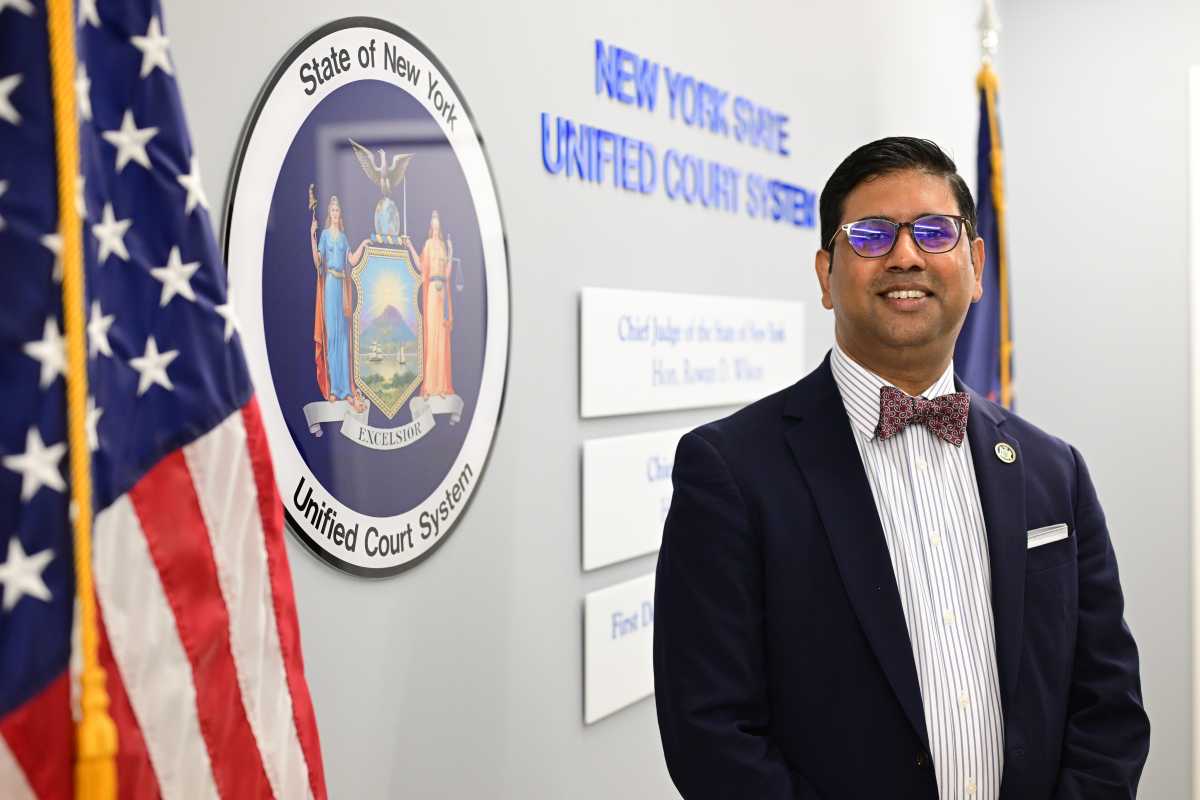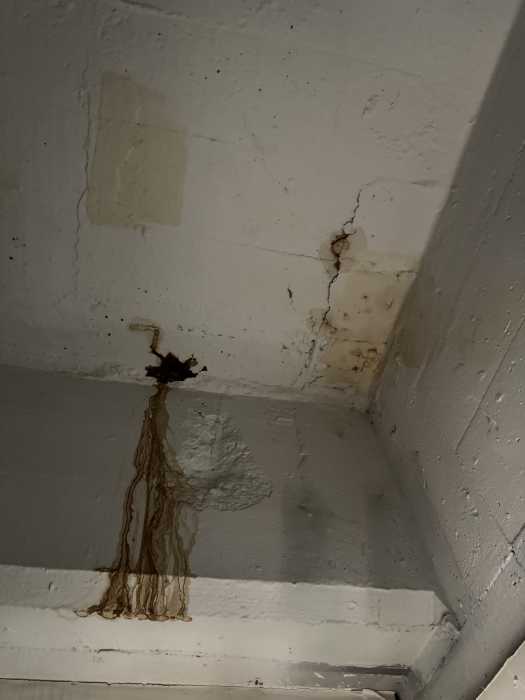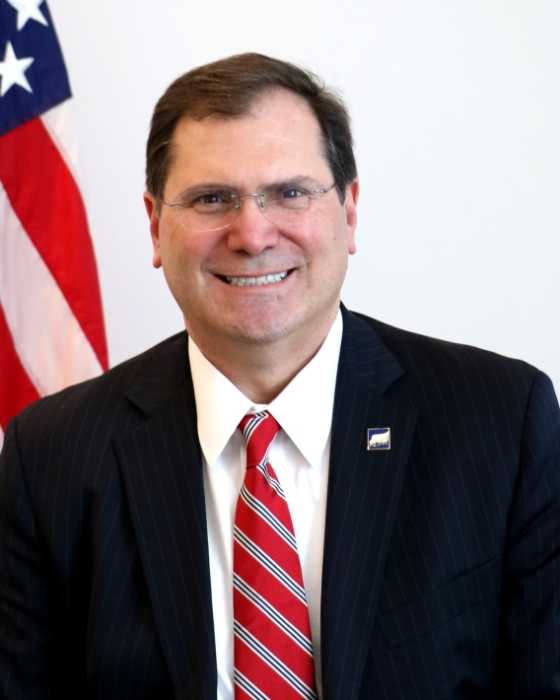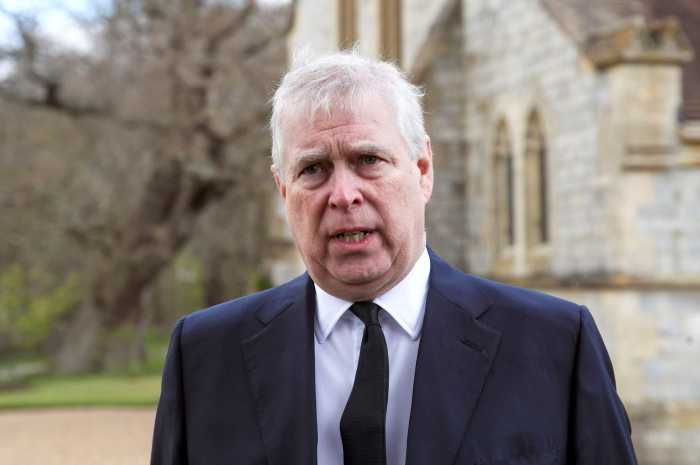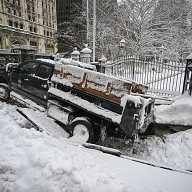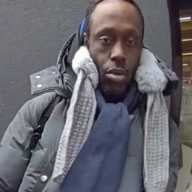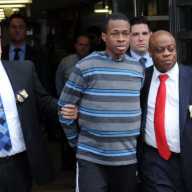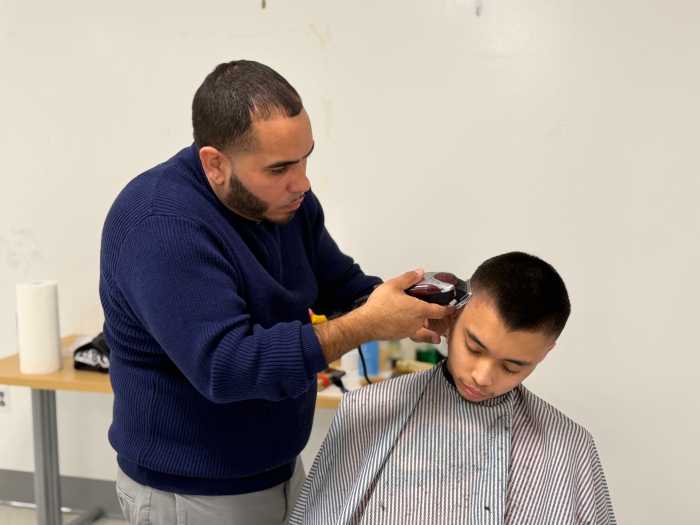It wasn’t until Manhattan’s Supervising Judge L. Austin D’Souza found himself in Brooklyn Family Court as an undergraduate Legal Aid intern in the juvenile right division that he saw the depths of the city’s social policy failures.
He recalled how one day he did a home visit with a child who was born addicted to cocaine.
“I was never born addicted to anything,” D’Souza said. “The challenges that those folks have to deal with in order to overcome and become somebody that they dream about becoming is such a huge difference between what I had to go through. It awakened my thinking about what I want to do with my life.”
From that moment on, D’Souza said he knew he was going to dedicate his career to public service.
It’s not that he had an easy time growing up in a low-income Indian family in Woodhaven, Queens in the 1980s. D’Souza faced bullying, neighborhood violence, casual racism and the parental sacrifices that young immigrants are often forced to confront in this city. His own experiences also taught him to fight for racial justice in ways that helped propel him to the judiciary.
As the supervising judge for all of Manhattan’s civil courts, a position D’Souza’s took last January, he described his mission as making the court system work as efficiently as possible with the goal of building public trust in the court system. D’Souza’s career path, which zigzagged from a staffer on John Kerry’s 2004 presidential campaign to the New York City Law Department taught him to be strong-willed and resourceful once he joined the judiciary.
“For me, this was just what I’d been training for my entire career. And once I got there I set out on a vision to make Manhattan civil court the best civil court that it could possibly be,” D’Souza said.
As a supervising judge, D’Souza oversees nine other judges and more than 100 staff from court officers to clerks and administrators. He also is the docket manager for all Manhattan’s civil courts, which he said came smoothly after his two years serving as civil court judge in Brooklyn, the busiest civil court in the U.S. outside of Los Angeles County.
“It’s a big office in the sense that there’s a lot of responsibility and very limited resources,” D’Souza said,”which is something that has become second nature because every part of my professional life has been about very limited resources in public service.”
Within three months in the position, he had cleared the backlog of motions in Manhattan Civil Court, which he credited in part to the rigor of this now-supervisor Administrative Judge Shahabuddeen Ally, who D’Souza took over the Manhattan post from.
D’Souza said that he learned the importance of tracking court docket data to accurately keep tabs on old cases from his predecessor. But he brought in the idea to outsource some of the more time-sensitive cases to bar associations, tapping pro bono lawyers at the New York County Law Association, to take on unrepresented consumer debt cases that might otherwise clog the system.
He has enlisted mediation clinics at the New York Peace Institute and law schools to mediate cases through the less formal, less expensive process that offers opportunities for parties to discuss the prospect of settling outside of court.
“We are able to get settlements that way in remarkable circumstances where you would never imagine that cases settle,” he said.
A path less traveled
D’Souza said one reason that he took a roundabout path to the judiciary was because becoming a judge was simply not “the kind of ambition that one ever thinks about when growing up in my area.”
That’s not to say he wasn’t guided by his parents’ values. He took inspiration from his mother who worked three jobs when she moved to New York City, eventually working in the United Nations as a secretary. To provide for her three sons’ education, she ended up taking a job as a peacekeeper in war zones, traveling away from her family for long stretches to the Balkans, Libya, Sudan and East Timor. After college and a master’s program in international relations from the London School of Economics, D’Souza thought he might go into human rights advocacy, only to find that opportunities were slim.
He ended up working on seven primaries for the Kerry campaign, and going to continue election work for the EMILYs List PAC, where he was sent as a consultant to the Washington State gubernatorial race for Christine Gregoire, which she won by only several hundred votes after numerous recounts. On the campaign trail, D’Souza recalled asking the lawyers he would meet about law school and hearing from many that law school is not the way to make change.
D’Souza said he kept thinking back on his experience in Legal Aid, which steered him to enroll in New York Law School. There he met key mentors, including then-professor, now the law school’s dean, Anthony Crowell; along with Anthony Cannataro, who went on to become an acting chief judge and a judge on the New York State Court of Appeals.
Cannataro, who was struggling to learn the art of political campaigns, drafted D’Souza as a law student to work on his election for Manhattan civil court. D’Souza helped him win the seat. “He’s been a mentor of mine ever since I’d met him,” D’Souza said, adding his path after law school mirrored that of the judge’s. “He was my guiding light… he worked in the tort division [in the New York City Law Department] after he went to law school. I worked in the tort division after I went to law school.”
After cutting his teeth as counsel for the city and a law clerk for Judge Fabiola Soto, D’Souza mounted his own campaign for civil court judge in 2022 in the same Manhattan district that he helped Cannataro win.
“And it was partially to do with all of the connections that I’d made while I was helping on his campaign,” D’Souza said.
Though judicial campaigns don’t constitute the kind of policy-based campaigning that D’Souza did in his previous life as a political operative, he knew how to make connections with voters and identify key stakeholders. The two-step process of judicial elections, he said, entails securing support from bar association screening panels, and then local political leaders up and down the chain by “showing them that you are somebody who is doing this for the right reason. “
Lieutenant in an army of administrators
D’Souza served for just under two years as a civil court judge in Brooklyn before being appointed to his post as a supervising judge. Having climbed to an administrative post, D’Souza didn’t hide his gratitude for the leadership of Chief Judge Rowan Wilson and Chief Administrative Judge Joseph Zayas, whom he admired for their willingness to “acknowledge problems in the system.”
Just as Wilson put simply in his annual State of the Judiciary remarks this year, “our criminal justice system isn’t working,” D’Souza reflected on his first glimpse into family court as a student when he saw “a system that’s failing because just like we incarcerate a lot of people. It causes a lot of social economic impacts.”
And in line with Wilson and Zayas, D’Souza said that it’s key to address these systemic issues in alignment with community outreach such as hosting events for young students and town halls to hear from tenant and community groups, and bar associations “to make the court system more accessible.”
D’Souza has served as a member of the Franklin H. Williams Judicial Commission, a body of judges, court employees and attorneys tasked with improving racial equality in the courts.
“[Wilson and Zayas] obviously don’t do it alone. They rely on an army of administrative judges, non-administrative judges, trial judges and panels like the [Franklin H.] Williams Commission, he said.
As a member of the commission, D’Souza played a leading role in resurrecting the “special masters” program, an initiative that trains attorneys from marginalized communities to provide volunteer assistance to judges, while providing the lawyers with mentorship. D’Souza credited the program with producing one of the first Mexican-American judges in New York City history — Civil Court Judge Crystal R. Villaseñor, who was elected in 2024. The program has since expanded to the Bronx, Brooklyn, and Queens.
As supervising judge, D’Souza said that on top of continuing his siege against the backlog of old cases, he wants to finalize a guide for self-represented litigants in the consumer debt part.
“New Yorkers can get very jaded about the way our government runs,” D’Souza said. “And to see that our judiciary is healthy and… [is] very focused on goals… and very aggressive about meeting goals is reassuring.”



